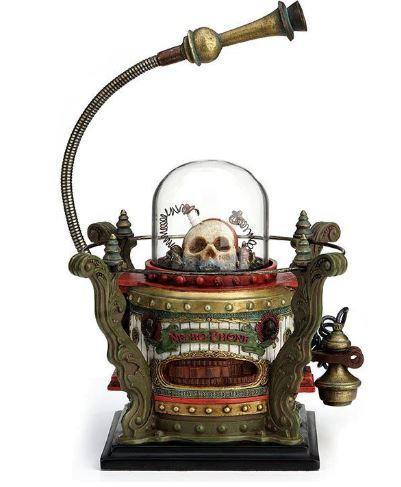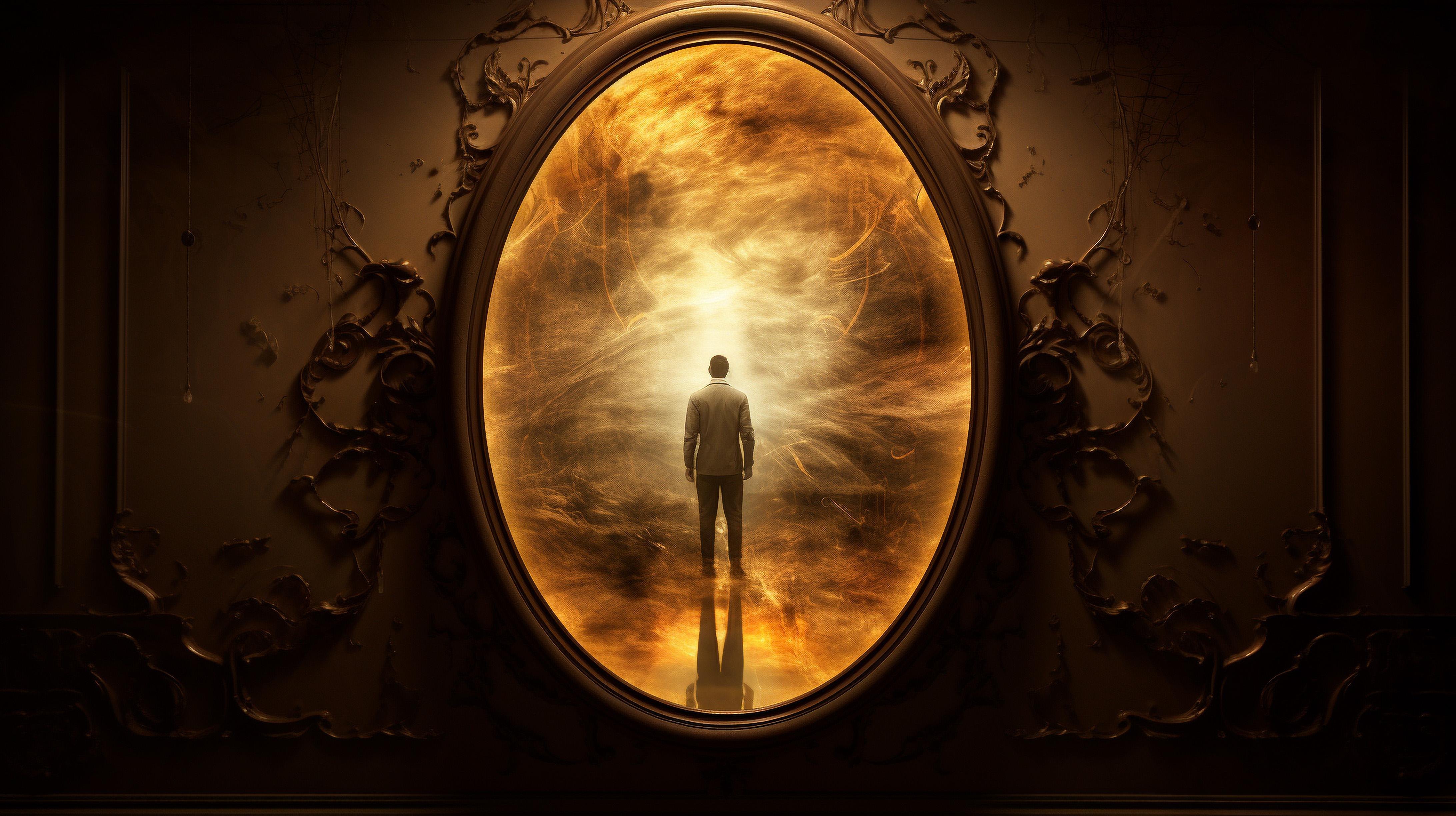
The Necrophone is a term that pops up in esoteric, paranormal, and fringe science circles — and while there isn't a universally accepted definition, it generally refers to a device or method used to communicate with the dead.
Think of it as a kind of spiritual or psychic telephone — "necro" (meaning death) + "phone" (meaning sound or voice).
📻 What Is the Necrophone (According to Different Sources)?
1. Spiritual Communication Device
-
Said to function like an advanced spirit box or electronic voice phenomena (EVP) recorder.
-
Used to pick up faint sounds, words, or messages from spirits or other planes of existence.
-
Sometimes linked to radionic or psychotronic technology.
-
It may operate on the idea that the afterlife exists on another frequency or vibration, which the device “tunes into.”
2. Esoteric or Alchemical Concept
-
In some occult or mystical contexts, the necrophone isn’t a physical device, but a symbolic tool or ritual for contacting ancestral spirits or entities from the astral realm.
-
Could involve chanting, sigils, specific frequencies, or crystals meant to enhance spirit contact.
3. Fringe Science / Conspiracy Lore
-
Occasionally tied to secret technology allegedly developed by hidden groups or shadow governments.
-
Some people link the concept of the necrophone to experiments in Tesla technology, quantum communication, or even MK-Ultra-style psychic experiments.
🛠️ Is There a Real Device Called the Necrophone?
There’s no confirmed, standardized machine called “the necrophone” available commercially or recognized by mainstream science. However, devices with similar intent exist in the paranormal investigator world:
-
Spirit boxes (like the SB7 or SB11) scan radio frequencies to create white noise for spirit communication.
-
Ghost hunting apps or DIY EMF/EVP tools sometimes claim “necrophone-like” functions.
-
In fiction and performance art, people sometimes create devices and call them necrophones as symbolic tools.
🔮 Related Concepts
-
Electronic Voice Phenomena (EVP) – voices of the dead recorded on audio devices
-
Instrumental Transcommunication (ITC) – broader term for using tech to contact spirits
-
Ouija boards / pendulums / channeling – low-tech or no-tech “necrophones”
-
The Psychomanteum – a mirror room used to induce spirit communication through reflection
👁️ Is It Real?
It depends on your worldview:
-
Skeptical view: Psychological projection, pareidolia (hearing patterns in noise), or tech artifacts
-
Believer’s view: A doorway to other realms, especially when used with intention, meditation, or ritual










